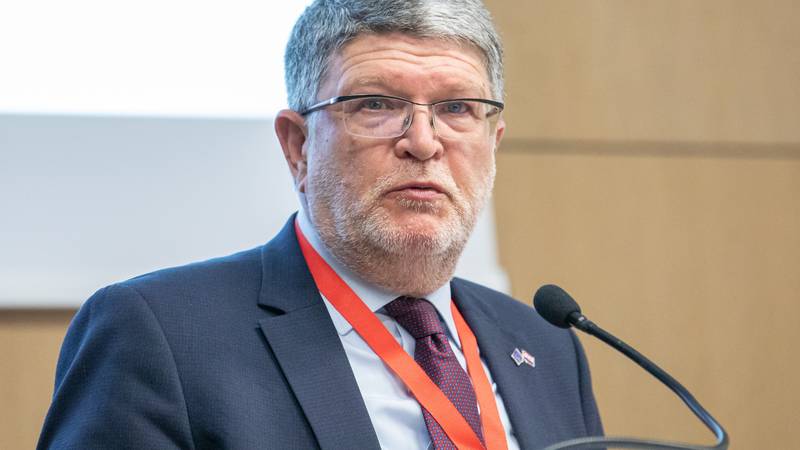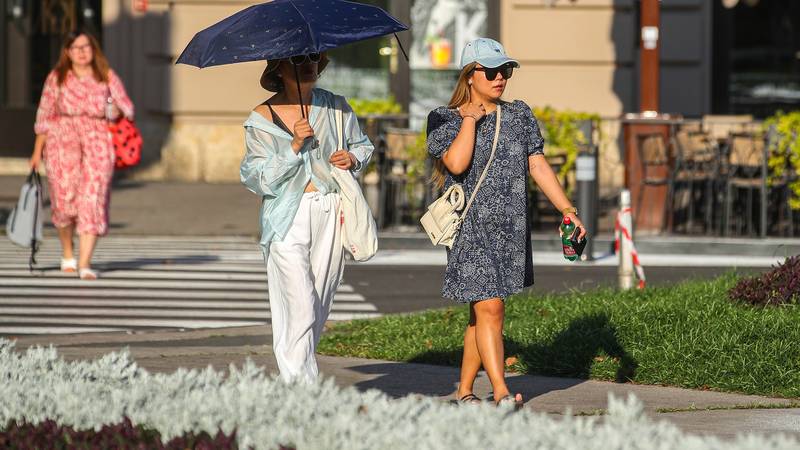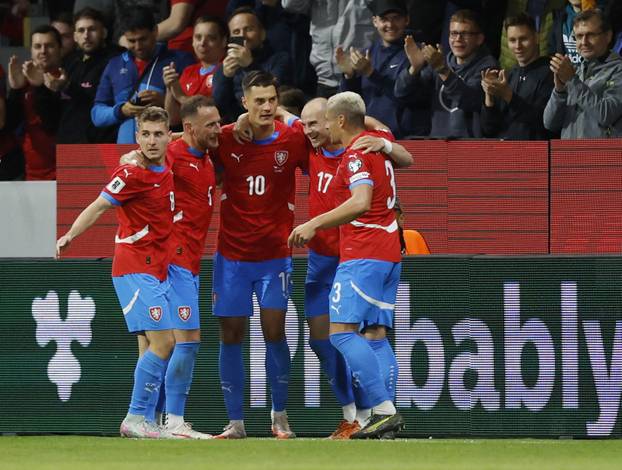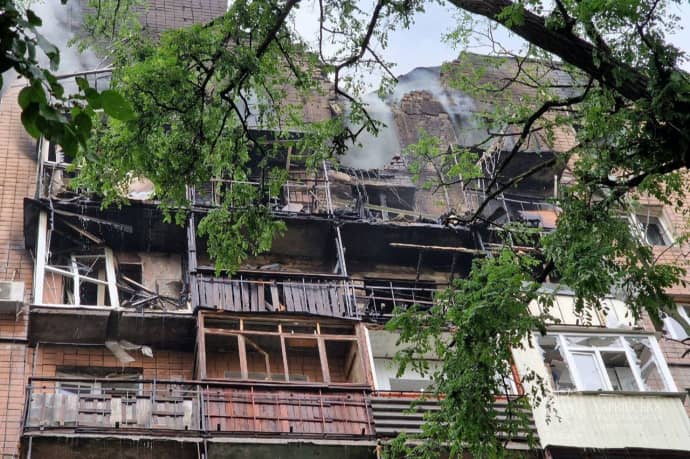Tonino Picula: There is a lot of politics 'stabilocracy' in the Balkans

Tonino Picula, the Croatian Europer and the European Parliament reporter for Serbia, criticized in an interview with Croatian radio policy « stabilocracy » towards the Western Balkans, pointing out that the EU often gave a priority of stability before the strengthening of democratic institutions.
– The European Union was very wide and very generous to the Western Balkan countries, to Serbia in particular, directing the huge amounts of funds (…), but we have allocated very few funds to strengthen the democratic institutions – said Picula, adding that he often called the creators of such a policy « stabilocracy. »
Picula, a SDP/S&D MP in the European Parliament, described stabilocracy as an EU access to the EU, which gave priority to the stability of the region through generous financial support, while the strengthening of democratic institutions was less focused.
He criticized a belief -based politics, similar to what Angela Merkel applied to Russia, that trading and exchanges would in itself lead to democratization.
– We know how it ended with Russia, and the similar thing happened in the Western Balkans – added the Croatian Euro Penitentiary, noting that with such a policy « it should » stop « and introduce a more strict conditionality.
« You have to have interlocutors who will respect the EU as a community of value, not just as an ATM, » Picula concluded.
After a three -day visit to Serbia, where as a reporter of the European Parliament for Serbia, he spoke with representatives of government, opposition, media, non -governmental organizations, economic life and Think tanks, Picula pointed out that no one has a clear answer to the question of how to solve the current crisis in Serbia. It is a « unique response to a deep polarization of a state that is caused by the nature of that authoritarian regime, » Picula said.
« The change obviously couldn't happen to an institutional way, » he said.
According to Picula's words, student protests that have grown into « a massive civic movement » seek « a new type of social emancipation », but organizers refuse contacts with institutional opposition and authorities, which makes it difficult for the political articulation of their demands.
« They do not go out with demands that would be verified through a standard democratic procedure, » he said, pointing out that it is questionable whether they can be held in Serbia by democratic standards.
Talking about President Aleksandar Vucic's international position, Picula emphasized that Vucic's « Multivetactor » foreign balancing policy between the EU, Russia and China, is largely inherited from Boris Tadic.
« Disrupted » relations between these vectors make such a policy difficult, Picula concluded, recalling a recent example of voting on the Ukraine resolution at the UN, when Serbia voted as well as the vast majority of EU countries, to distance the state leadership later.







